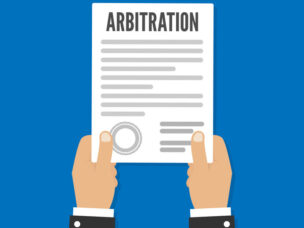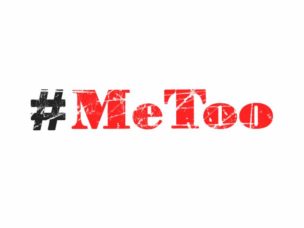Stay in the know
Subscribe to the Employment Blog and we'll send you an email each time something new is posted.
Subscribe to the Employment Blog and we'll send you an email each time something new is posted.
Blogs
Employment Blog
#MeToo and the New Tax Law: Beware Of The Unintended Consequences
As the dust settles from the recent legislative collision between the #MeToo movement and tax reform, it is the proponents of the #MeToo movement that are left scratching their heads and crying foul. In what was intended to help shine a spotlight on, and assist in the eradication of, workplace sexual harassment, the 2017 Tax Cuts and Jobs Act includes language prohibiting the deductibility of (1) any settlements or payments related to sexual harassment or sexual abuse if such settlement or payment is subject to a nondisclosure agreement (NDA) and (2) attorney’s fees related to such settlement or payment. See IRC Section 162 (q).
While this language in the Act provides a disincentive for employers to use non-disclosure agreements (NDAs) in the settlement of sexual harassment claims, employees are also penalized and unfairly so.
The statute singles out and places a financial burden on employees subjected to sexual harassment that is not placed on employees subjected to other unlawful conduct. For example, employees who are subjected to other forms of discrimination, such as unlawful pay disparity based on gender bias, may deduct their attorney’s fees regardless of whether their settlement agreements contain an NDA.
Furthermore, this language in the Act may impede the resolution of employment cases, including by affecting both financial terms (i.e., the actual value of the settlement factoring in tax consequences) and non-financial terms (i.e., the scope of any confidentiality and/or non-disclosure terms).
This becomes particularly challenging when there are multiple claims at issue, such as both unlawful pay disparity and sexual harassment. How does one draft an NDA to apply to one claim but not the other? Is the payment to resolve the unequal pay claim somehow “related to” the sexual harassment? How does one apportion the attorney’s fees between the two claims? How will the IRS treat this apportionment?
Until Congress acts to correct these unintended consequences, negotiating over these issues only increases the attorney’s fees, further penalizing the employee.





